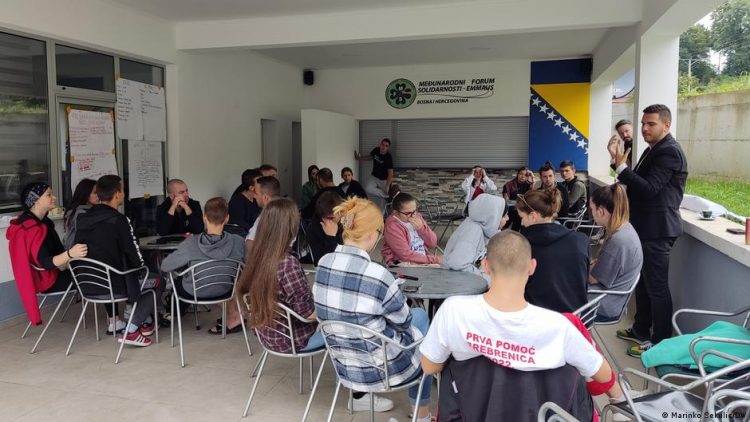
Young people of different ethnicities are growing up in some parts of Bosnia and Herzegovina without any contact with each other, which their parents and politics often support. However, there are initiatives that bring them together.
Srebrenica must live, regardless of the fact that genocide took place there, is one of the messages of the youth interethnic camp ‘For a good neighbourhood’ that took place last week in Potocari near Srebrenica.
“Our intention is to send a different message from Srebrenica, a message of unity, a message of peace and living together, to put our town in the focus of public beyond the commemoration day,” said Valentina Gagic of the ‘Sara’ association. She told DeutscheWelle that with the support of the US Embassy the association is organising this multi-day camp for the third time in Bosnia and Herzegovina.
About 50 young people aged 15 to 25 from Srebrenica, Bratunac, Gornji Vakuf/Uskoplje, Brcko, Jajce, Kalesija, Sekovici and other towns met last week at the seat of the ‘International Solidarity Forum EMMAUS’ humanitarian organisation in Potocari.
The programme of the event was designed specially for them, which, according to the organisers, enabled the participants to get to know each other better, to get closer, to explore their potential and improve the quality of life in the communities they come from.
When asked by DeutscheWelle if there is a willingness to cooperate and what are the reactions of young people from local communities that were on opposite sides in the last war, such as Sekovici and Kalesija, which are still separated by the entity border, Gagic said that the older generations shifted “the burden of the past onto the shoulders of these young people and the generations to come.”
She called it “ungrateful,” adding that “at the same time we have not done what we should have done – cleaned up all the bad things we did in the way it should have been done.”
“But honestly I have to say that there is no division here. A great cohesion in the group was created very quickly, the young people cooperate brilliantly and are planning some future joint initiatives,” Gagic stressed.
However, politics and parents often do not support such cooperation. Even after 30 years of war, young people from the central town of Gornji Vakuf/Uskoplje are divided – both by visible and invisible lines.
“From what we have heard, it is a town that is clearly divided by ethnic principle,” Gagic noted, adding that the youth there is under a “great pressure coming from the community, the system, politics and ultimately from institutions that should contribute to freedoms, but in fact contribute to divisions, restrictions and fears.”
A camp participant from Gornji Vakuf/Uskoplje (identity known to the DeutscheWelle editorial staff) confirmed that this is the situation they live in.
“Parents keep us young people of different nationalities as far as possible from each other because they fear for our safety. We have no contact with peers of other ethnicities, even though we are educated under the same roof, but in two schools. We also have an invisible line in the town that starts from a fountain that separates us and that we do not cross due to prejudices, fears and the influence of policies led by the elderly,” the participant said.
There is also a Youth Center in Gornji Vakuf/Uskoplje, but that institution also does not connect young people and does not organise joint activities that could connect members of different ethnic groups, claims the camp participant.
However, two young people from the neighbouring municipalities of Sekovici and Kalesija, which were divided by the front lines during the war and today are divided by the entity border, speak in a slightly lighter tone.
Andjela Gajic from Sekovici is 16 years old and says that she came to the camp to broaden her horizons, gain new friends and experiences. She wants to learn something that is not taught in BiH schools.
“What I liked most was that here we are not divided on any basis, especially not on ethnicity grounds. I met a lot of young and promising people here. There were difficult, but also fun topics in the work of the camp. We young people should not consider ourselves guilty for the ugly things that happened in the past, but on the other hand, we must be responsible so that it does not happen again,” she said.
Dzenet Hasanovic comes from Kalesija and says he is a humanitarian, a Red Cross volunteer, adding that he likes to socialise and meet new people.
“I like it that we don't look at who belongs to which religion or ethnic group, what they look like,” he told DeutscheWelle.
When asked whether young people in Bosnia and Herzegovina can fix what their elders “broke” in the past, he answered:
“Of course they can and should, because we can do it with our activities. The future is before us. We don't need to look at the bad things that happened. We must not even forget some things, but we must move on and look to the future more, and not live in the past.”
Twenty-year-old Rado Milosevic from Brcko shares the opinion. He says that he is delighted with the socialising and the new things he learned at the camp. Workshops on media literacy and identity stand out in particular.
“I think that media literacy should be one of the subjects in the basic education of all of us, as well as that we young people should think more about our identity and building ourselves.”
Asked what could be the message of young people to the politicians, he said:
“Let them think about whether there will be any young people in this country in ten years and what they should do in order for us to stay here.”

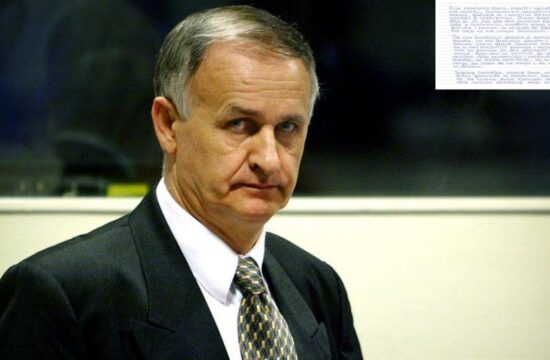
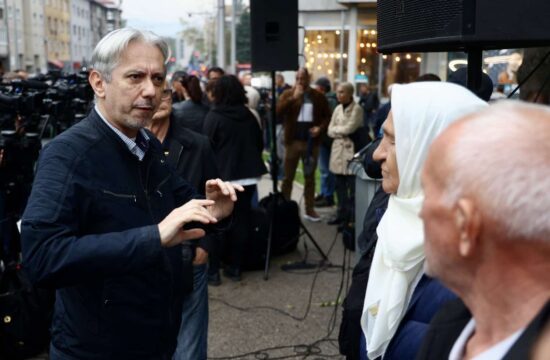
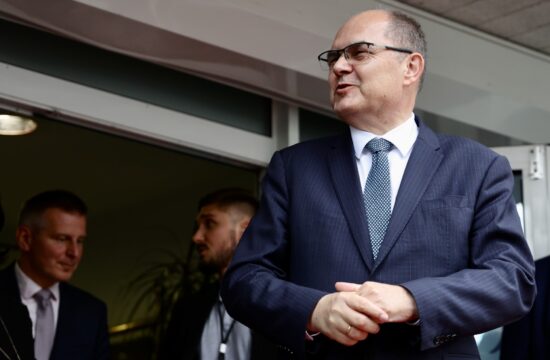
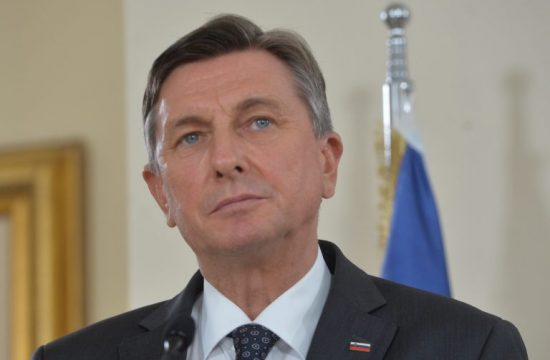
Kakvo je tvoje mišljenje o ovome?
Budi prvi koji će ostaviti komentar!